Happy New Year! It’s a new year, a new you, and a new time to do things differently—like your taxes. Tax-filing season is officially here, and there are many things you can do to be prepared and organized. Here are a few simple tips that can help you save time, stress, and money:
- Decide who will prepare your taxes – Major life-changing events such as career, marriage, and death can make taxes more complicated, so it’s a smart move to hire a tax professional to handle your taxes.
- Ensure beneficiary designations are up to date – It may not matter today, but eventually, it can help minimize the taxes your beneficiaries and heirs pay on your assets after you die.
- Max out retirement plan contributions – The money you put in your tax-deferred accounts reduces your taxable income and your tax bill while growing until you need the money in retirement.
- Consider converting traditional IRAs to Roth IRA accounts – These withdrawals aren’t considered income for federal tax purposes, and you don’t have to take RMDs from them every year. (Note: when you convert, it’s taxable income, which will raise your tax bill for that year).
- Review your Account Information Online – Use this online account to securely access the latest information available about your federal tax account. Also, you can see data from your most recently filed tax return on IRS.gov, including information on any Economic Impact Payments and Child Tax Credits you may have received.
- Reconcile Child Tax Credit Payments – If you received advance payments, you need to compare the Child Tax Credit payments you received during 2021 with the amount of the Child Tax Credit that you can accurately claim on your 2021 tax return.
- Claim Recovery Rebate Credit – Individuals who didn’t qualify for third Economic Impact Payments or didn’t receive the full amount may be eligible for the Recovery Rebate Credit based on their 2021 tax situation. In early 2022, the IRS will send you Letter 6475 to provide the total amount of the third Economic Impact Payment and any Plus-Up payments that you received.
Adapted from IRS1
TIME TO GET YOUR FINANCIAL HOUSE IN ORDER
Out with the old and in with the new as we march headstrong into 2022. There’s a good chance that you’ve recently spent time organizing your home or office to improve clarity and efficiency—the same should be true of your finances! Try some of these tips as you get ready for whatever the new year has to offer:
Go Digital
Switching years—or decades—of paper files to digital may seem like an overwhelming task, but it’s well worth the effort. Make sure your digital folders are intuitive and that your file names are consistent and detailed; this will ensure your files are searchable, so finding them is a breeze when you need them!
Going digital has the added benefit of making your documents searchable and organized for the next generation. If something happened to you, having your documents cataloged electronically helps your beneficiaries track down all your accounts, legal documents, and anything else they may need to put your affairs in order.
Keeping your electronic documents safe is just as important as keeping your physical documents safe. Your electronic files should be kept in a password-protected folder or on an external hard drive that you can lock up.
Take Out the Garbage
Find any outdated paperwork, expired credit cards, and past statements, and dispose of them securely—we suggest a shredder. Remember to look through drawers for those items you tossed in and forgot about.
If you choose to digitize your important documents, be sure to shred the physical documents you no longer need. Be mindful of the original documents you need to retain for your records. While you’re at it, comb through your digital files as well. While they may not be taking up physical space in your home, digital files create “mental clutter” when you want to find what you need.
Email inboxes are another great place to purge and implement an organizational system. Aim for a zero-inbox policy. A clear inbox ensures that late notices and other important communications are less likely to slip through the cracks.
Set Your Financial Goals
Knowing what you want to save is just as important as knowing what you want to spend. Once your expenses have been assessed, you should have a good idea of how much you can save each month.
If you already have retirement contributions deducted from your paycheck, decide if it makes sense to fund an additional retirement account with your post-tax income. List out all the goals you’d like to save for—big and small! College planning, home renovations, and family vacations are a few examples that can help you get the ball rolling.
Once you’ve calculated and prioritized these savings, have a plan to stay accountable for contributing to them. Designating specific accounts and setting up an automatic savings plan is one way to establish consistency in funding your goals.
YOUR HEALTHY LIVING HABITS
Watch on YouTube at https://youtu.be/oKHs_-6oR6s 2
Share the Wealth of Knowledge!
Please share this market update with family, friends, or colleagues.
If you’d like us to add them to our list, simply click on the “Forward email” link below. We love introductions!
By clicking on these links, you’ll leave our server, as they’re located on another server. We haven’t independently verified the information available through this link. The link is provided to you as a matter of interest. Please click on the links below to leave and proceed to the selected site.
This document is for educational purposes only and should not be construed as legal or tax advice. One should consult a legal or tax professional regarding their own personal situation. Any comments regarding safe and secure investments and guaranteed income streams refer only to fixed insurance products offered by an insurance company. They do not refer in any way to securities or investment advisory products. Insurance policy applications are vetted through an underwriting process set forth by the issuing insurance company. Some applications may not be accepted based upon adverse underwriting results. Death benefit payouts are based upon the claims-paying ability of the issuing insurance company. The firm providing this document is not affiliated with the Social Security Administration or any other government entity.
1 https://www.irs.gov/individuals/steps-to-take-now-to-get-a-jump-on-next-years-taxes
2 https://youtu.be/Q5DNNVNafTg









